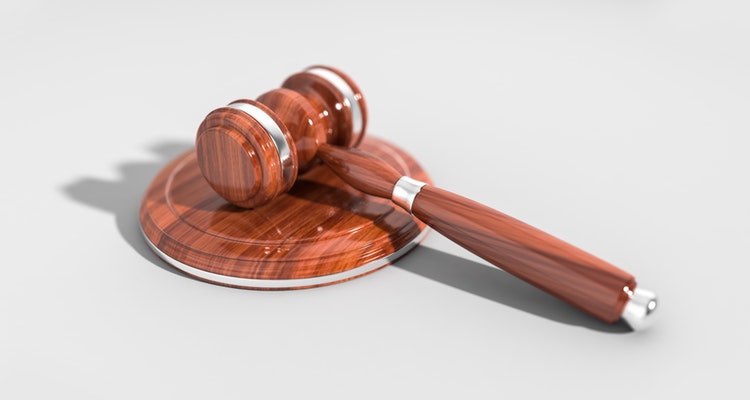
Photo Credit: pexels
In the past few years, social media has become a bewildering landscape of legal cases and constitutional issues. And that has led to some very real questions about what the law actually says about the rights of social media platforms. No surprise, then, that some of these cases are starting to make their way to the Supreme Court. Surely, the top judges in the country will be able to sort things out, right?
Wrong. The Supreme Court recently passed up an important to weigh in on an important court case (Moody v. NetChoice) that could have helped make sense of key issues and make it much clearer what social media platforms can and can not do.
Moody v. NetChoice LCC
At the core of the case was a central issue: Do First Amendment rights extend to social media platforms when it comes to editing third-party posts? For example, can Facebook decide to edit, censor, or remove third-party posts from its platform that it finds questionable or objectionable? That’s been the big complaint of political conservatives, who claim that their content on social media has been unfairly censored, edited, and suppressed.
As is the norm in these types of cases, it wasn’t Facebook, X, Instagram, or TikTok that were named parties in the court case. Instead, it was NetChoice, an internet trade association. According to NetChoice, it is “unconstitutional” for any government entity to limit the ability of social media platforms to take certain actions when it comes to content moderation.
But the Supreme Court simply passed on the whole matter, arguing that the NetChoice’s claims of “unconstitutionality” fell far short of what was required. As a result, it wasn’t worth their time to hear the case. In short, the Supreme Court justices felt that content moderation on social media did not rise to the level of free speech, so no constitutional issues were at stake here. As a result, they are punting the case back down to the lower courts to decide. Which means more uncertainty about what can actually take place on social media platforms these days!
Is content moderation the same thing as free speech?
Admittedly, there’s a gray area here. On the surface, content moderation seems to be a form of “free speech.” If so, then it should be fully protected by the First Amendment, and social media platforms should be allowed to make whatever types of content moderation decisions they choose to make. You might not like what they do, but they have a right to do it.
If, however, content moderation is not free speech, then First Amendment issues are not at stake. That’s what the Supreme Court appears to be saying. In short, there is a certain threshold that needs to be met to be considered “free speech,” and content moderation did not meet the necessary threshold.
The politicization of social media
Unfortunately, there seems to be a political element at work in how the Supreme Court justices viewed the case. In general, conservative-leaning judges appear to be more willing to restrict the ability of social media platforms to edit third-party content, while liberal-leaning judges are less willing to restrict this ability.
This may be oversimplifying things, but conservative judges want conservative content to be able to thrive on social media platforms. In contrast, liberal judges are much more willing to let social media platforms label that content as misinformation or disinformation, and so they think social media platforms should be able to scrub it as they see fit.
And that’s how things stand in 2024. Just about everything is politicized these days, and that includes potential Supreme Court cases.